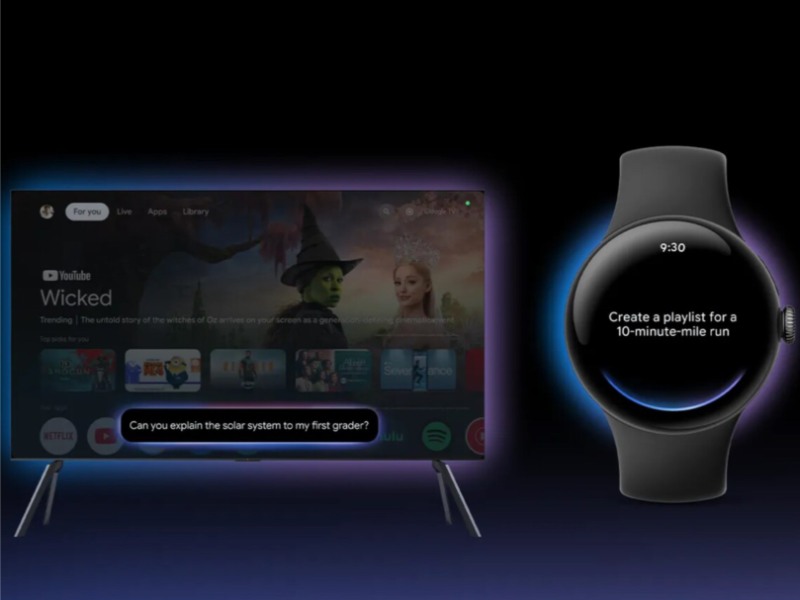- Material 3 Expressive debuts across Android and Wear OS for more personal, dynamic interfaces
- Gemini AI expands to Android Auto, Wearables and more, while new safety tools target scam detection
What happened: Google previews Android upgrades and Find Hub
At its Android Show I/O Edition livestream on 13 May, Google introduced a wave of updates spanning Android, Wear OS, Android Auto, and its AI assistant Gemini. While many had expected the formal launch of Android 16, Google only confirmed it would arrive on Pixel devices next month, with broader features rolling out later this year.
The biggest update is the introduction of Material 3 Expressive, a more fluid and customisable design system that enhances UI elements with dynamic colours, soft blurs, natural animations, and improved responsiveness. It debuts across Android and Wear OS 6, where it adapts to round displays with shape-shifting buttons and improved motion design. Google also rebranded its Find My Device platform as Find Hub, integrating satellite connectivity and ultra-wideband tags in partnership with brands like Moto and July.
Also read: Google DeepMind launches free Gemini Code Assist globally
Also read: Serverfarm and IPTO launch Gemini in Greece
Why it’s important
These updates reflect Google’s growing emphasis on AI-driven personalisation, cross-platform consistency, and security-first features. The deeper integration of Gemini AI—now available in Android Auto, Wear OS and mobile—positions Google to compete more directly with Apple’s and Samsung’s ecosystems, offering natural language support, real-time translation, and smart notifications across devices.
While Android 16 was not fully launched, the focus on design and AI suggests Google sees the user experience and ecosystem fluidity as more critical than version numbers. With improvements to scam protection, car connectivity, and wearable performance, the updates aim to make Android more adaptive, secure and intelligent.

